Alcohol and Breastfeeding – Is It Safe?
Everyone knows that drinking alcohol during pregnancy can be harmful to your baby’s health and development. However, many mothers are unsure if they can consume alcohol when breastfeeding. According to a report, about 50 per cent of breastfeeding women in Western nations consume alcohol occasionally or more often (1). Because of conflicting reports on the matter concerning alcohol and nursing mothers, it’s often difficult to decide whether it is safe to drink alcohol while nursing. If you are hoping to enjoy a glass of wine or two, we suggest reading this article. Here are a few things you must keep in mind while breastfeeding.
Can You Drink Alcohol While Breastfeeding?
There is no straightforward answer to this question. However, most medical experts do agree that taking up to one or two small drinks of alcohol during breastfeeding during the day should not have any effect on your baby. The alcohol will transfer to your breast milk, and you must be aware that some of it will pass on to your infant (2).
The American Academy of Pediatrics suggests that breastfeeding women who choose to drink alcohol should do so only occasionally and not regularly. Also, the consumption should be moderate, and women should wait for two hours after a drink to breastfeed their little ones (3).
What Amount of Alcohol Passes Into Breast Milk?
After consuming an alcoholic drink, the levels of alcohol in your system peak in 30 to 90 minutes (4). If you are consuming food with alcohol, then it takes about 60 to 90 minutes. However, only 2% of the total amount of alcohol is transferred to your breast milk.
According to the Australian Breastfeeding Association, alcohol transfers into the breast milk from the blood 30 to 60 minutes after you start drinking (5).
How Does Drinking Alcohol Affect Your Milk Supply and Baby?
While most studies seem to be inconclusive when it comes to breastfeeding and the side effects of drinking while breastfeeding, you will do well to keep the following in mind:
- Excess consumption of alcohol over time will reduce the amount of milk produced. Some studies have shown that milk production drops by 23% with the consumption of one drink (6).
- A study has shown that infants whose mothers consume alcohol have a changed sleep cycle. They sleep for shorter periods of time, though they may fall asleep quicker.
- Your infant may gain weight slowly if you consume alcohol on a daily basis.
- A decrease in gross motor skills might also be a side effect of drinking on a daily basis.
How Can You Safely Have an Occasional Drink?
Many different people have differing opinions on how much and how often you can drink alcohol when breastfeeding. As a rule of thumb, you should restrict yourself to 2 or 3 drinks a week.
During breastfeeding, you should wait for at least two hours for every standard drink you consume. Try the following rule (7):
- One standard drink: wait for two hours
- Two standard drinks: wait for four hours
- More than two standard drinks (special occasions or gatherings): express beforehand to feed your baby while alcohol stays in your system.
Is it Safe to Have More Than One Drink if You Are Breastfeeding?
According to the CDC, “Not drinking alcohol is the safest option for breastfeeding mothers. However, moderate alcohol consumption (up to 1 drink per day) is not known to be harmful to the infant.” The more alcohol you consume, the longer your system will take to process and clear the alcohol from your body. Apart from the transfer of alcohol to your baby through your breast milk, you will also not be able to care for your baby if you are intoxicated. In this condition, you shouldn’t let your baby sleep in the same bed as you either. Thus, it is best to stick to only one drink a day.
How to Reduce the Effect of Alcohol on Your Baby?
There are certain steps you can take to minimise the effect of alcohol on your baby’s health and development.
- Exclusive breastfeeding is recommended for the first six months of a baby’s life. Thus, it is wise to drink very minimally for the first three months of your baby’s life as their liver’s functioning is still not well developed (8).
- Make drinks that use low alcohol content.
- Make sure that you eat before and during the intake of your drink.
- After consuming an alcoholic drink, it is best that you avoid breastfeeding for two to three hours.
- Store alcohol-free breast milk for any occasion where you know you will be drinking.
Does Drinking Beer Increase Milk Supply?
No. Studies have shown that drinking beer reduces the let-down reflex apart from reducing the overall supply of breast milk. Do not put much by this old wives’ tale and consult with your doctor if you are concerned about the quantity of breast milk you are producing.

Do You Need to Dump or Pump After Consuming Alcohol?
While it is not necessary that you dump the milk you produce after you consume alcohol, a lot of the decision depends on the amount of alcohol consumed. You must also keep in mind how close you are to feeding your baby.
Please remember that once you stop drinking, it will take a while, but the level of alcohol will drop from your system and also from your breasts.
Pumping and dumping breastmilk after consuming alcohol won’t reduce the alcohol amount in your breastmilk. Alcohol is not stored in the system, nor in the breasts. Waiting for some hours, depending on the amount you drank, will help get rid of alcohol from your blood as well as breastmilk (5).
If you pump during or slightly after drinking alcohol, your breastmilk will contain alcohol. You should consider pumping if your breasts feel too full and to ensure that the ducts remain unblocked. When going for long periods without breastfeeding, it is best to pump. If you consume excessive amounts of alcohol during this time, then you must dump the milk produced.
What You Can Do If You Drink Too Much
Many mothers wonder: How long after drinking can I breastfeed again? Do not breastfeed your baby if you feel that you have consumed too much alcohol. Bottle-feed your baby with stored breast milk to ensure that your baby is nourished while keeping your mind at ease regarding the health of your baby. For older children, you can skip an entire nursing session without any negative consequences.
Things to Consider
There are many things you must consider before you consume any alcohol while breastfeeding.
1. Baby’s age
For the first three months of your baby’s life, her liver will not yet be mature enough to handle alcohol. So, even minuscule amounts of alcohol can have an adverse effect on her liver.
2. Your weight
The lighter you are, the longer it will take your body to process and remove all traces of alcohol from your body.
3. Amount of alcohol
The more alcohol you consume, the longer it takes for your body to process it. The longer the alcohol stays in your system, the higher the chances of it getting into your breast milk.
4. Will you be eating
Ensuring that you eat just before and during the consumption of alcohol will allow your body to process the alcohol better. In fact, lesser amounts of alcohol will be absorbed into your bloodstream and milk supply.
Alternatives to Alcohol While Breastfeeding
Since there is no safe limit to alcohol, avoiding alcohol during lactation can offer more peace of mind rather than drinking and worrying about your baby. Plus, it is much safer for breastfeeding babies. But if you are in a gathering or on a girls’ night out, you might have the desire to join in with a glass. Instead, cheer yourself up with a refreshing mocktail. Look out for recipes at home or ask the bartender to whip you a refreshing and mean mocktail free of alcohol. This way, you’ll be able to squeeze in more calories with your favourite appetisers or desserts.
Sometimes, the desire to drink can be overwhelming. In such situations, you can engage in a walk, jog, hot bath, or yoga to divert or calm your mind. Herbal teas are another calming concoction that can help you relax. This will give you more control over your body and your mind.
FAQs
1. Can babies get drunk from breastfeeding after the mother consumes alcohol?
If you breastfeed your baby soon after consuming alcohol, your infant may ingest alcohol through your milk. Since babies have much smaller bodies, they metabolise alcohol at a slower rate than adults, which means they are exposed to it for a longer duration. Your baby is unlikely to become drunk from breast milk, but yes, regularly having more than one drink each day can adversely affect your nursing child (9).
2. What are the consequences faced by babies after regular exposure to alcohol through breast milk?
Nursing babies regularly exposed to alcohol through breast milk may develop developmental and neurological problems, have sleep issues, and trouble gaining weight (9).
While there is no consensus on the amount and frequency with which you can consume alcohol, it is best that you lay off the drink for the first few months of your baby’s life. When you do start drinking again, ensure that it is no more than 2 to 3 drinks a week as any more than that amount can cause adverse effects to your baby’s health and development. As always, consult with your doctor regarding any queries or concerns you might have with your breast milk production.
References/Resources:
2. NHS – Breastfeeding and drinking alcohol
3. AAP Publications – Breastfeeding and the Use of Human Milk
4. The Breastfeeding Network – Alcohol and Breastfeeding
5. Australian Breastfeeding Association – Alcohol and breastfeeding
6. Mayo Clini – I’m breastfeeding my baby. Is it OK to drink alcohol?
7. The Women’s – Alcohol & breastfeeding
9. Cleveland Clinic – Can You Drink Alcohol While Breastfeeding?
Also Read:
Fasting while Breastfeeding
Caffeine during Breastfeeding
Fruits to Eat and Avoid While Breastfeeding
Drinking Green Tea While Nursing – Is It Safe?
Was This Article Helpful?
Parenting is a huge responsibility, for you as a caregiver, but also for us as a parenting content platform. We understand that and take our responsibility of creating credible content seriously. FirstCry Parenting articles are written and published only after extensive research using factually sound references to deliver quality content that is accurate, validated by experts, and completely reliable. To understand how we go about creating content that is credible, read our editorial policy here.





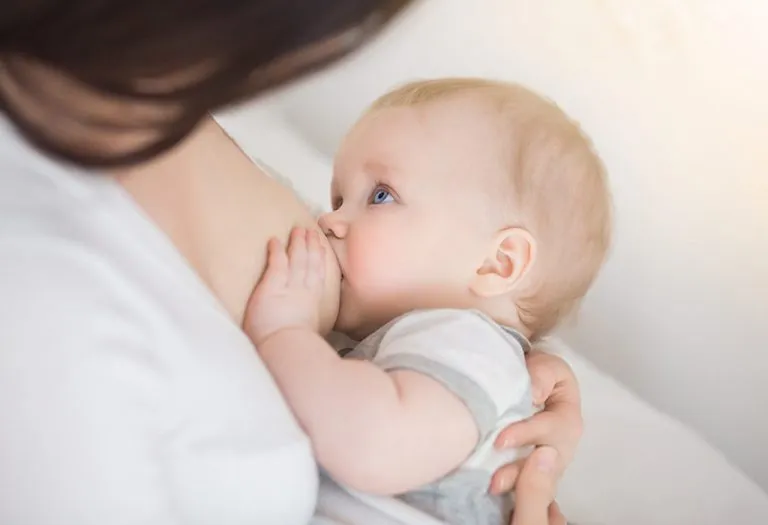
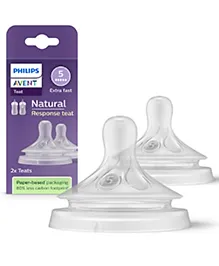
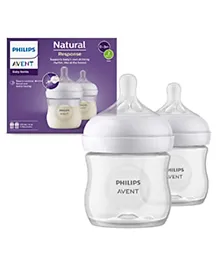
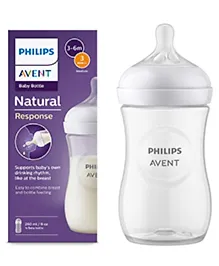
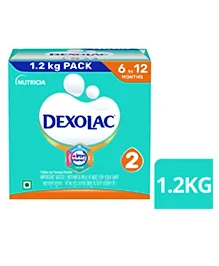
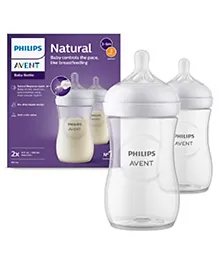

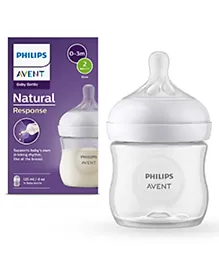
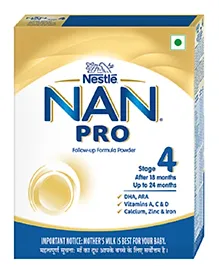
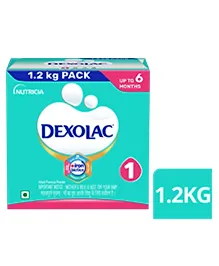
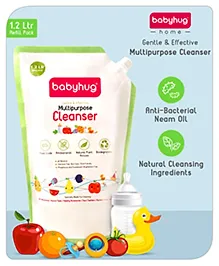



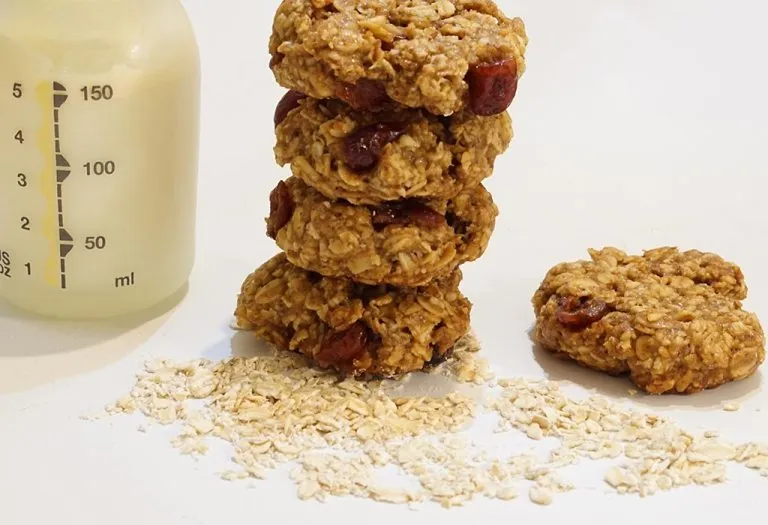
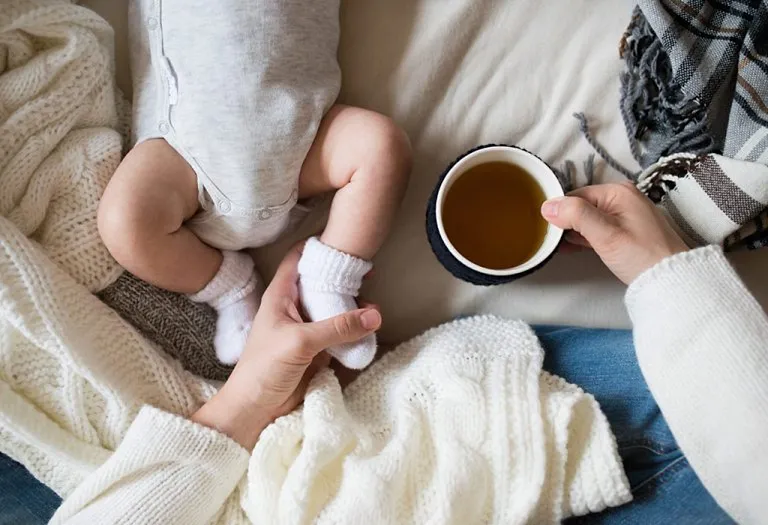


.svg)


















